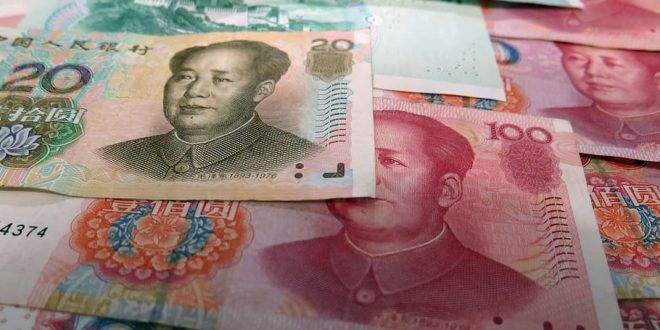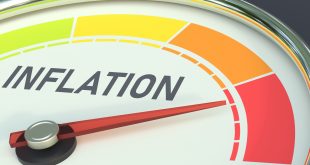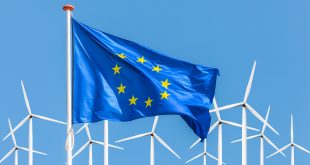China’s Prime Minister Li Keqiang has recently warned that the country’s economy is struggling to stay on track, this sort of warning may have a projected impact on the Chinese global investment plans. Some economists believe that any slowdown will also hinder the China’s efforts to present itself as an alternative to the US while the end of Shanghai’s two-month lockdown has not contributed to dismiss the recent economic gloom.
Keqiang’s recent warning was a strong indicator that the Chinese economy is encountering dangerous challenges as a result of the Covid-19-linked restrictions. The country may be facing its biggest economic slowdown, that may develop into recession, in decades.
International observers suggest that Beijing may need to rethink its approach towards the West and scale down its global ambitions as it grapples with an increasingly hostile global environment. Analysts also warn that economic headwinds may compromise China’s capability for competing with the United States and put further strains on the Belt and Road Initiative, its transcontinental investment strategy.
Senior Chinese officials, however, have put on a brave face over the past week, trying to play down such fears and concerns while repeating their promises to developing nations.
The Chinese Foreign Minister Wang Yi used a tour of the South Pacific to describe the region as the southward extension of the belt and road strategy and say the island states are China’s important economic and trade partners.
During phone conversations with leaders from the UAE and Zambia on Tuesday, China’s President Xi Jinping also promised to expand cooperation on pandemic control, trade and investment under the umbrella of the initiative, his signature foreign policy project.
But the importance of Li’s comments during a video call with officials from around the country last month should not be underestimated because the economic fallout would have direct implications on China’s relations with the outside world.
It is rare for a Chinese leader to admit the uncomfortable truth about the economy in front of thousands of officials. China is likely to enter a period of static development, with its gross domestic product about to record its lowest growth rate in decades this quarter. It will surely have a big impact on foreign policy. China’s focus on economy underlines stabilizing force of GDP growth
Li said the economy was at a critical point, which was to some degree worse than it had been at the start of the pandemic in early 2020. He called for all-out efforts to stabilize the economy and maintain growth.
Although some of the toughest anti-Covid restrictions, including a two-month-long lockdown of Shanghai, China’s financial and commercial hub, have been lifted this week, it has ravaged the economy and dealt a heavy blow to international confidence in the Chinese leadership ahead of a major reshuffle later this year.
Many economists expect China’s economy to shrink in the second quarter compared with the same period last year, following a 4.8 per cent growth rate in the first quarter. There may be a major renovation of the Belt and Road Initiative due to growing concerns about China’s ability to finance ports, railways, power plants and other infrastructure projects across Africa, Latin America and Asia.
Li has made it clear that Beijing’s priority is to salvage the ailing economy and mitigate mounting concerns about its zero-Covid policy. He made no mention of the belt and road, but it is fairly clear that the limited resources will be focused on jump-starting the weak economy. Economic performance was increasingly being viewed as a more realistic and lasting phase in China’s development. China’s economic slowdown would compromise its ability to demonstrate it is different from the US, and it is expected that America could record a higher growth rate this year.
Analysts also noted that China had pushed to shift its investments towards public health projects in the past two years following accusations that its loans to African countries were a debt trap. Described by some as the health silk road, Chinese investments in public health projects rose by nearly 250 per cent over that period from US$130 million in 2020 to US$450 million last year, according to a report by Fudan University’s Green Finance and Development Centre in Shanghai.
But such efforts, mainly due to Beijing’s determination to lead the global response to the pandemic, have also been hampered by China’s stringent Covid-19 curbs, supply chain disruptions and the backlash against the zero-tolerance approach.
China’s economic slowdown is inevitable, at least for a time until it recovers, and while markets currently see only relatively minor effects, these are set to become more significant in the near future.
Despite some initial successes in China’s vaccine diplomacy in developing countries, the rather low effectiveness of Chinese vaccines, especially against new variants, makes them less attractive.
Beijing was likely to scale down investments in the coming years. Instead of being global, the belt and road has become a targeted strategy for some regions in the world where China doesn’t face too much competition from the West, for example Latin America, Africa, South Asia and Central Asia. Projects are still going on in many places but we are far from the announced 14,000 projects. The war in Ukraine has also made Chinese state-owned enterprises hesitant to go into countries where China might be affected by economic sanctions against Russia and Belarus.

 Noor Trends News, Technical Analysis, Educational Tools and Recommendations
Noor Trends News, Technical Analysis, Educational Tools and Recommendations




